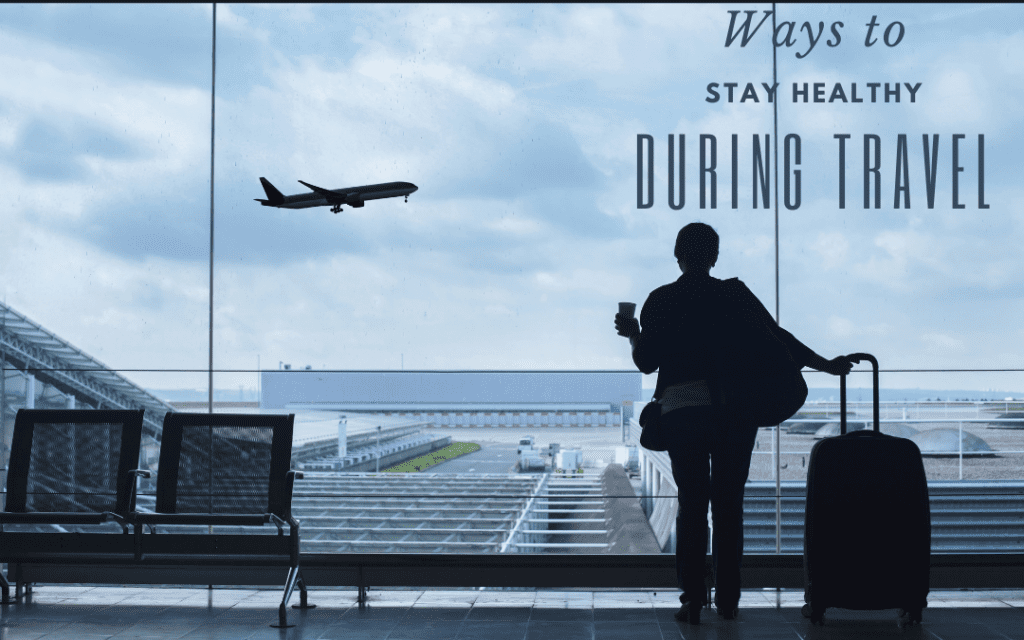
We now live in a post-pandemic world and are creating a new normal to prevent COVID-19 and other infections. Our daily habits are more critical than ever to stay safe from a virus, the flu, or even a common cold. During the pandemic, we avoided crowds, washed our hands 500 times daily, and ensured we always included hand sanitizer. As the world opens up, remote employees return to their desks, and eating in restaurants becomes popular again, we must remain vigilant in our germ-free practices.
Here are the top ways to stay healthy during travel
Hand Sanitizer
The best advice is always to have the sanitizer readily available. We cannot depend on businesses having it for us because their supplies run out when we are in need. Always keep a personal stash, TSA-approved size, in your purse, bag, and car, so you do not have to worry about touching a public hand sanitizer dispenser, it being empty, or shaking hands, which is the #1 way to spread germs. The CDC recommends washing your hands whenever possible, but if it is not an option, use hand sanitizer with at least 60% alcohol content. Please note that hand sanitizer is ineffective if your hands are visibly dirty.
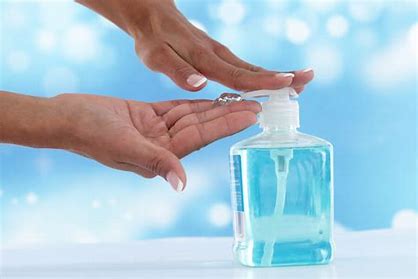
Face Mask: Not mandated but still necessary.
Even though it is no longer mandated in public settings, wearing your mask in places over ten people will reduce the chances of catching a cold, the flu, or worse, COVID-19. Where it is fashionable to wear a mask that matches your outfit or one that supports your neighbor’s small business, it should not be your first choice in selecting the most effective face mask. In order of effectiveness, the most highly recommended face masks are medical grade, KN95, N95, and cloth. CDC does not recommend using a face shield instead of masks.
Here are the rules for wearing a face mask to reduce spreading germs:
- Wash or sanitize your hands before and after touching the mask.
- Always wear it over your mouth, nose, and chin.
- Please do not touch your mask while wearing it.
- If your mask becomes wet or dirty, immediately switch to a clean one.
- Throw away disposable masks after wearing them once.
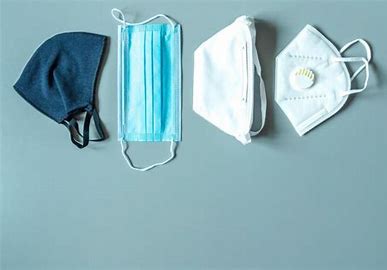
Hands down: The hands are the most important.
We often subconsciously touch our faces several times throughout the day, whether rubbing our eyes or just placing our hands to lean on them in deep thought. Is there a proper way to wash your hands? Hospitals have the most intricate processes for washing your hands for obvious reasons.
Imagine this next time you want to skip washing your hands:
-
- The common cold can lurk alive on a hand for more than an hour.
-
- The flu virus can remain viable for up to 24 hours on hard surfaces like countertops.
-
- Washing your hands can save you money because it reduces the probability of catching pink eye, a communicable disease that will cause missed days at work and trips to the doctor.
Here is your guide on how to wash your hands properly:
- 1. Wet: Run both hands under warm (not cold) water.
- Wet: Run both hands under warm (not cold) water.
- Apply: Apply a generous amount of soap to cover both hands
- Lather: Lather generously on your palms, between your fingers, and under your nails.
- Sing: There is a proper length of time to wash your hands. Sing either the “Happy Birthday” song or “Twinkle, Twinkle Little Star” as the recommended duration for a thorough set of clean hands.
- Rinse: Rinse thoroughly to ensure all the dirt and germs have been removed.
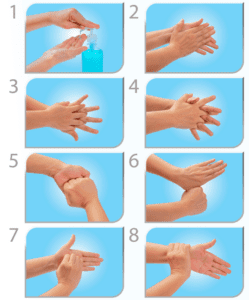
Vitamins
Vitamin intake is critical to staying healthy while traveling. Vitamin C is the number one vitamin to keep your immune system in pristine condition. The two sources of vitamin C are taking the vitamin in tablets formally, and the second is fresh squeezed orange juice. Other foods high in vitamin C are sweet yellow peppers, cantaloupe, kale, and Brussels sprouts. Regular vitamin C supplements are known to reduce cold duration and severity.

Avoid Aisle Seats
The most in-demand seat on the plane is also the worst seat on the plane. Let’s do the math. A flight has an average number of 260 passengers for a full flight. That is a high number of opportunities to spread a cocktail of germs. That amount of bacteria that can sit on a pinhead is all that is needed to get sick. The ideal seat is the window seat to decrease the exposure of the passengers in contact with you.
Dehydration
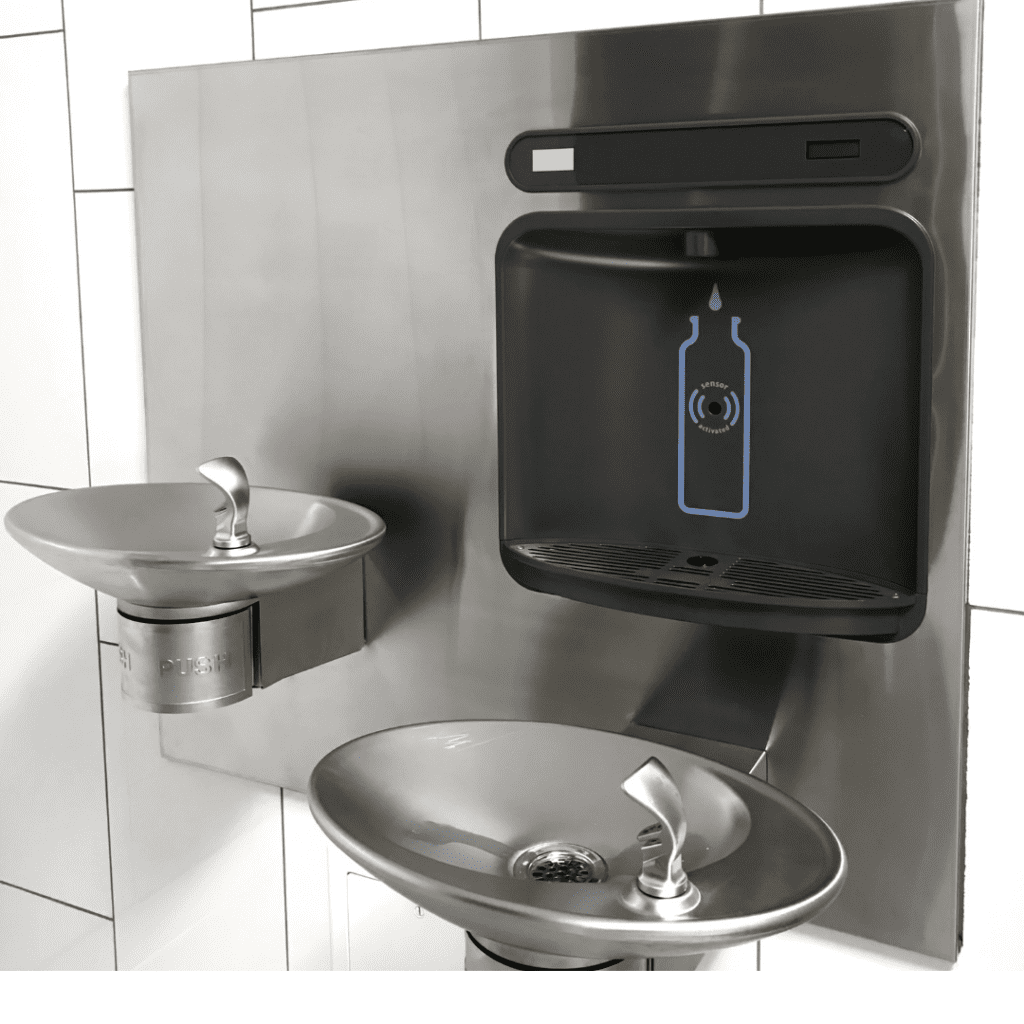
Staying hydrated throughout the day is vital to staying healthy. We find drinking water throughout the day challenging and even more difficult while traveling. Here are a few tips to stay hydrated while traveling:
-
- Freeze your water bottle to have it readily available on the other side of TSA check-in.
-
- Bring an empty water bottle to clear pre-check and have a drinking container to fill up at the filtered water stations available throughout the airport.
-
- Add some flavor to the boring water by using flavor enhancers. The lemonade flavor is the best because it tastes like a lemonade without all the sugar and a fraction of the prep time.
Pack Perishable Snacks
The best snacks for traveling are pretzels, almonds, or any of your favorite nuts, pretzels, crackers, or energy bars (Kind bars have a flavor with almonds instead of peanuts).
-
- Attacks hunger cravings instantly.
-
- Reduces fatigue during long days of travel.
-
- Saves money from having to pay for overpriced snacks in airports and hotels.
-
- Saves time by avoiding long waits in lines, especially at Starbucks, and increasing the probability of missing that flight.
-
- Non-perishables last the day and require no refrigeration.

Pack Over The Counter Medicines
Imagine experiencing a migraine mid-flight or the early symptoms of a major cold or, worse, the flu. Instead of waiting several hours to land, you only have to reach into your carry-on bag for relief. All your meds are in your medicine cabinet daily. Purchase a TSA-approved carry-on case, and you have saved time, money, and unwanted frustrations during travel.
Here are the top reasons to carry your own OTC medicines:
-
- You will have the exact medicine you need versus settling for a generic or going without what you need.
-
- It saves you money to pay for the overpriced meds in the resort gift shop or the magazine stand at the airport. The price is sometimes as high as doubled.
-
- It saves you time looking for a Rite Aid, Walgreens, or CVS, which can be miles from your hotel.
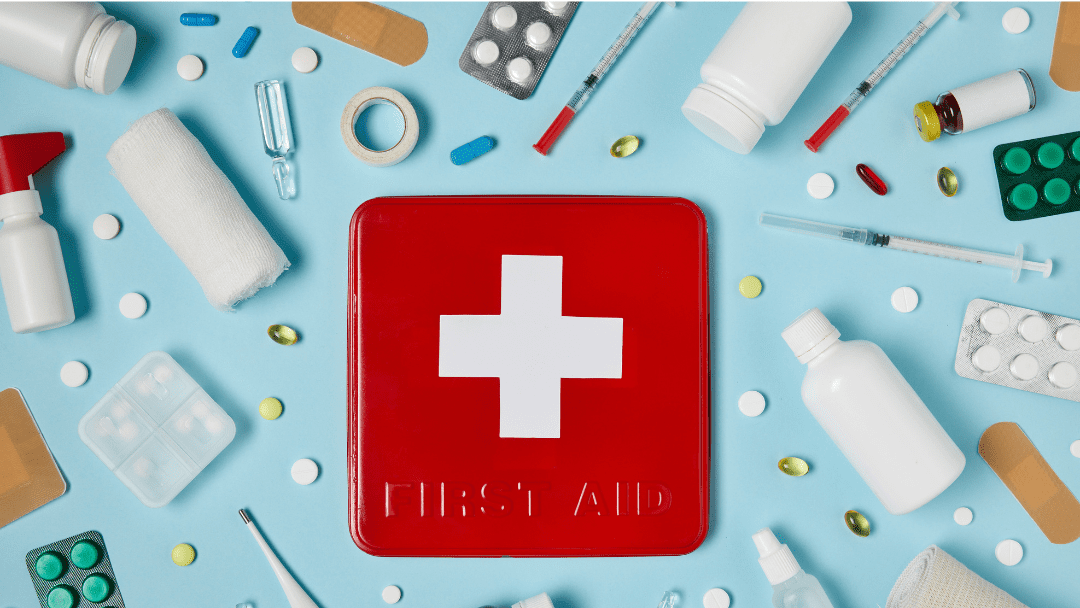
Invest in a Travel Blanket or Pillow
Because of the high risks associated with COVID-19, the travel pillow and blanket services might still be suspended on some carriers, but over 24 hours, the plane is available for several flights in a day. The blankets and pillows are used repeatedly by passenger after passenger, never being placed in a washing machine or dryer. Take those worries away by bringing your travel blanket and pillow on your trips but remember to wash them after every single trip.

We contribute to keeping you germ free as well!
- Each vehicle is thoroughly cleaned and sanitized daily.
- For your convenience, hand sanitizer is readily available in each vehicle.
- Drivers take similar precautions to stay germ free for each passenger.
Book your Transportation Needs with Us.
Fellowship Fleet Limousine and Bus Company can take care of your transportation needs across the nation. Never miss a flight again or pay those hefty airport parking fees. Click HERE to book your transportation today.
